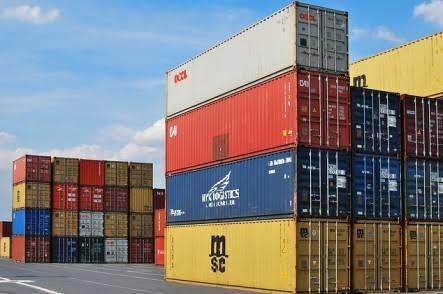Government decides to impose regulatory duty on 1000 luxury items
Shares

The interim government is actively engaged in the process of implementing substantial regulatory duties on approximately 1,100 imported items categorized as luxury and non-essential. This initiative reflects a significant move towards bolstering the nation's economic stability and promoting domestic industries. The imposition of these duties is part of a broader strategy aimed at addressing fiscal challenges and ensuring fair trade practices.
According to a report in Dawn, the government is diligently working to reinstate competitive gas and electricity rates for five export-oriented sectors. This endeavor seeks to create an environment conducive to international trade and commerce while also aligning with the International Monetary Fund's guidelines.
The discussions around these rate revisions have taken place during recent sessions of the Special Investment Facilitation Council (SIFC), where valuable suggestions and recommendations have been thoroughly examined.
One noteworthy aspect of this regulatory overhaul is the potential adjustment of import rules for three-year-old vehicles, encompassing both small and luxury automobiles. Additionally, the government is considering subjecting a wide range of commodities to varying levels of regulatory oversight. Intriguingly, many of these commodities serve as essential intermediary raw materials for export-oriented sectors, particularly textiles, chemicals, and footwear.
Among the commodities facing regulatory tariffs, cooking oil is slated to become the second most crucial item, a decision intended to reduce its usage and curb foreign exchange losses.
The proposed changes also include allowances for small automobiles, which would be accessible to expatriates remitting $50,000 annually to their home country. In contrast, the cap for luxury vehicles would extend beyond $5 million. The finance ministry is taking measures to adopt a pricing policy for petroleum products that would account for the full imported cost, including exchange rate losses. This could result in an anticipated increase in the levy on diesel in the coming months.
Furthermore, Commerce Minister Ejaz has recommended, during the SIFC meetings, the reinstatement of zero-rated status and regionally competitive tariffs, a move that aims to restore a favorable trade environment and align with IMF requirements. If approved, this scheme could be partially reinstated based on increased energy consumption and higher export volumes, fostering economic growth and stability
